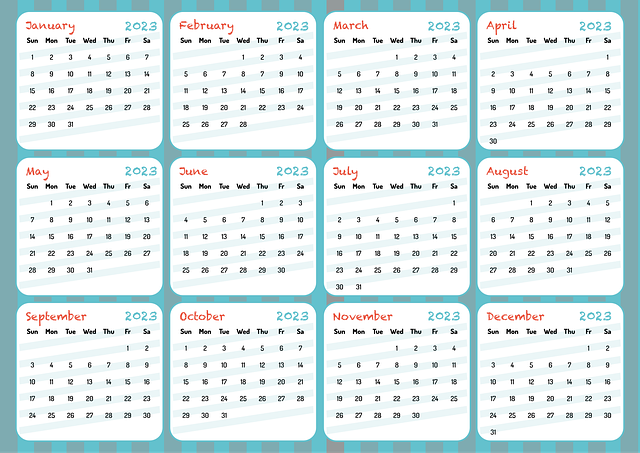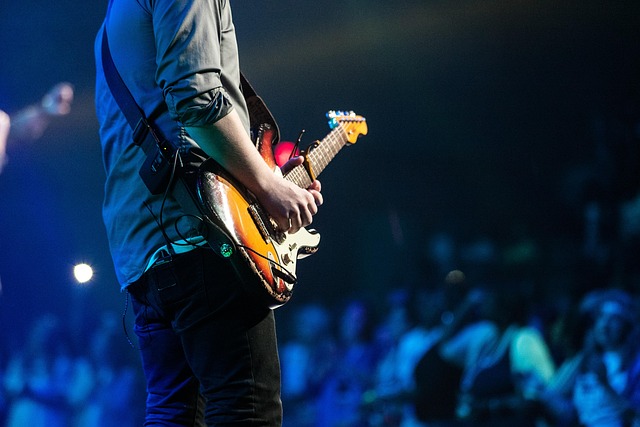Identifying community needs is crucial for successful event planning in local business settings. This involves direct engagement with potential attendees through surveys, focus groups, or conversations to understand aspirations, challenges, and interests. By tailoring events to resonate with the community's cultural and social fabric, organizers foster a sense of belonging and participation. Targeted approaches considering age demographics, cultural backgrounds, and local hotspots ensure diverse attendance and positive community impact. Conducting surveys and focus groups is key for gathering insights directly from potential attendees, enabling data-driven decisions on event formats, content, and locations.
“Community outreach events are a powerful tool for local businesses to connect and grow. This article guides you through the comprehensive process of planning meaningful initiatives that resonate with your target audience. From understanding community demographics, interests, and challenges through surveys and focus groups, to crafting engaging event concepts like workshops, performances, and tournaments, we explore effective strategies.
Learn how to set realistic goals, secure venues, promote events across various channels, and manage budgets to create sustainable outreach that leaves a lasting impact.”
- Identifying Community Needs and Interests
- – Understanding the local community: demographics, interests, and challenges
- – Conducting surveys and focus groups to gather insights
Identifying Community Needs and Interests

In the realm of event planning for local businesses, identifying community needs and interests is a pivotal first step. This involves engaging with potential attendees through surveys, focus groups, or even informal conversations to understand their aspirations, challenges, and areas of interest. By doing so, organizers can tailor events that resonate with the community, fostering a sense of belonging and participation. For instance, if a local business notices a growing demand for workshops on sustainable living within its neighborhood, an event planning team could design a series of educational sessions around this topic.
This process goes beyond simply gauging popularity; it entails delving into the unique cultural and social fabric of the community. Event planners should consider factors like age demographics, cultural backgrounds, and local hotspots to create inclusive gatherings. For example, organizing an outdoor concert in a city park might appeal to younger crowds, while a book club meeting at a cozy café could attract more established residents. Such targeted approaches ensure that outreach events not only draw attendance but also leave a lasting, positive impact on the community.
– Understanding the local community: demographics, interests, and challenges

Understanding the local community is a vital step in successful event planning, especially for businesses looking to engage and connect with their target audience. When organizing events for local businesses, it’s essential to consider the demographics, interests, and challenges unique to the area. By delving into these aspects, event planners can create meaningful experiences that resonate with attendees.
Demographics play a significant role in shaping community engagement. Factors such as age groups, cultural backgrounds, and income levels influence participation and preferences. For instance, family-oriented events might appeal more to younger parents, while professional networking sessions could draw in a different demographic interested in career development. Moreover, recognizing the local interests and passions helps tailor event themes and activities. Whether it’s a love for art, sports, or community service, incorporating these into event planning fosters a sense of belonging and encourages active participation from residents.
– Conducting surveys and focus groups to gather insights

To ensure that community outreach events planned by local businesses are impactful and tailored to the needs of their target audience, conducting surveys and focus groups is an essential step in event planning. These tools allow business owners to gather valuable insights directly from potential attendees and members of the community. By asking targeted questions, businesses can understand preferences, expectations, and any specific challenges faced by the local population. This data-driven approach enables more effective decision-making for event formats, content, and locations, making sure the events resonate with those they aim to engage.
For instance, surveys can help uncover popular themes or topics of interest within the community, while focus groups facilitate in-depth discussions on people’s aspirations and barriers to participation. Such insights are invaluable in designing events that foster genuine connections between businesses and residents. In the context of event planning for local businesses, these methods are game-changers, ensuring every initiative is a step towards fostering a stronger, more vibrant community.
By delving into the heart of our community’s needs and interests, we’ve uncovered a wealth of knowledge that will guide event planning for local businesses. Through understanding demographics, engaging with focus groups, and interpreting survey data, we can create meaningful experiences that resonate with folks. Let’s embrace this opportunity to foster connections, celebrate diversity, and cultivate a thriving local scene through strategic event planning.
